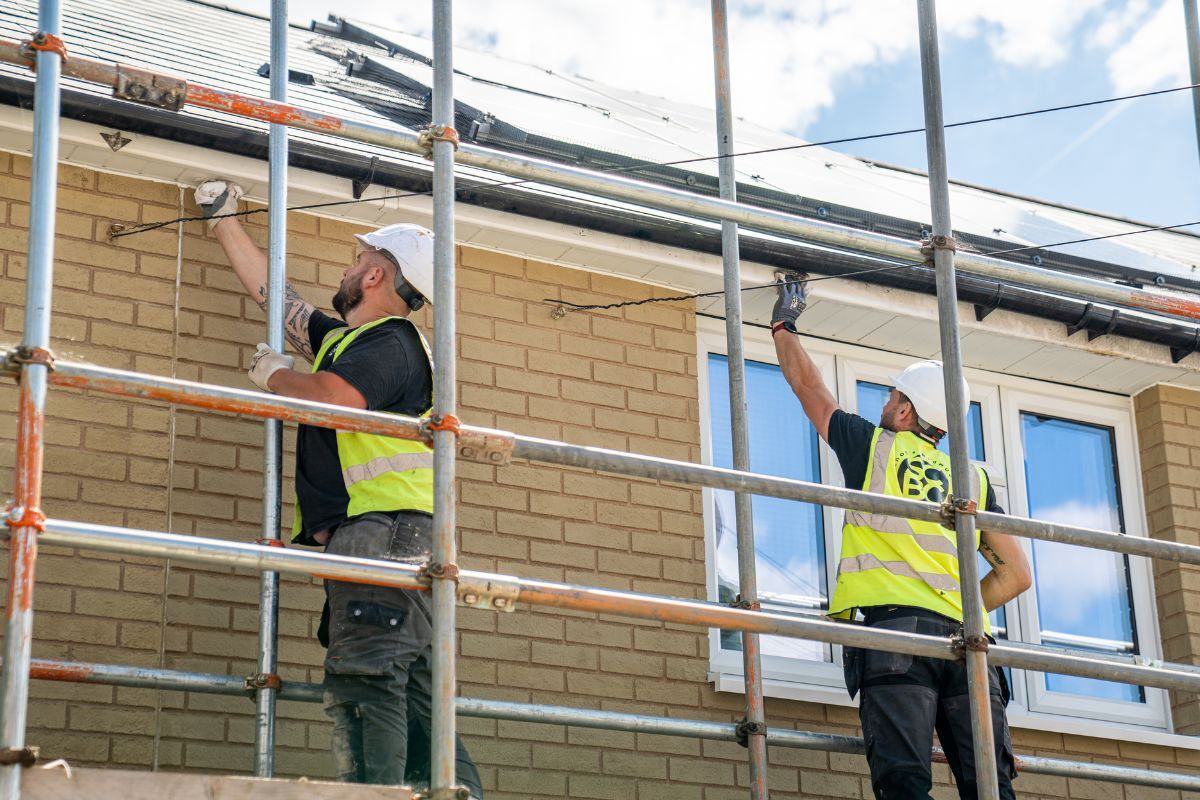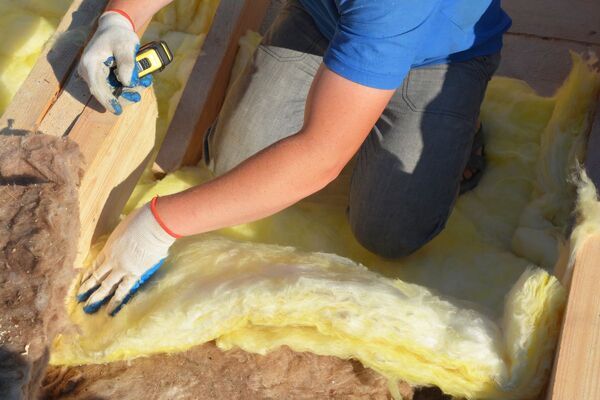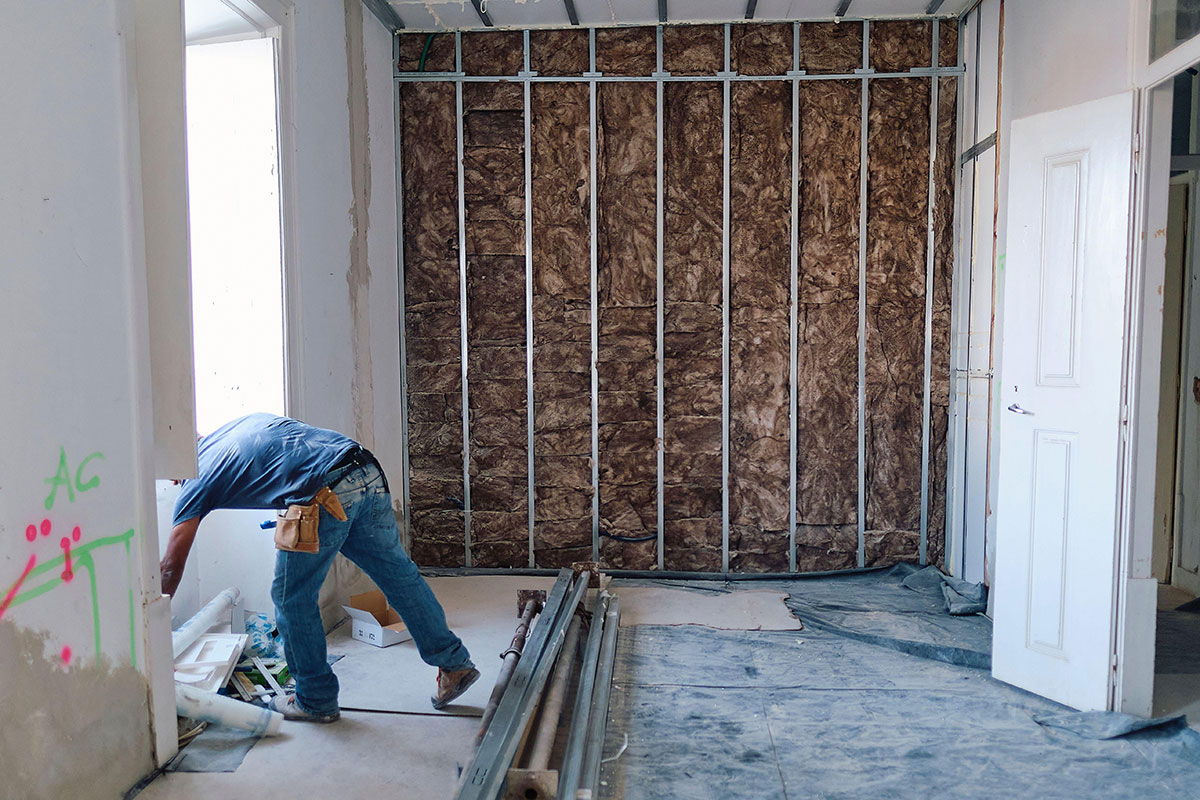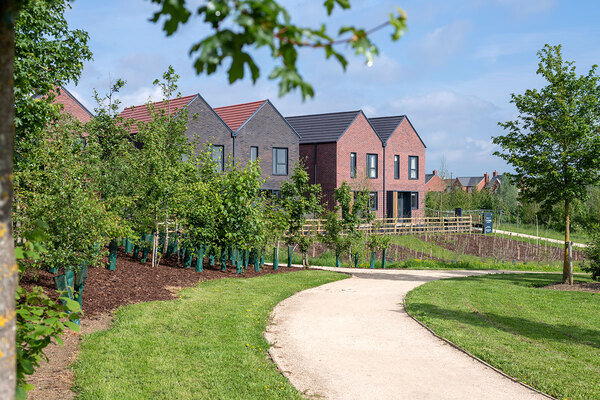You are viewing 1 of your 1 free articles
Councils give back £6.4m earmarked to decarbonise social homes
Councils gave back £6.4m to the government that they had been granted to decarbonise social housing last year, Inside Housing can reveal.

Nine local authorities returned grant from the Social Housing Decarbonisation Fund (SHDF) in the last financial year that was intended to be spent on ‘fabric-first’ energy-efficiency improvements in their worst-performing social homes.
Inflation, council budget constraints and complications around homes bought through the Right to Buy were cited as reasons for returning the funding.
The SHDF was launched in 2020 as a demonstrator scheme, with £61m allocated to councils to retrofit more than 2,100 social homes to have an Energy Performance Certificate (EPC) rating of Band C or higher.
Wave 1 of the fund, launched in August 2021, offered £179m to landlords bidding as part of a council-led consortium. Landlords were encouraged to match government funding to share the burden of reaching net zero.
The returned funds were uncovered in a Freedom of Information request sent by Inside Housing to the Department for Energy Security and Net Zero (DESNZ), which administers the SHDF.
In 2022-23, the London Borough of Barking and Dagenham gave back the most, returning £2.3m to the government. It had successfully bid for £9.5m in SHDF demonstrator funding on behalf of a consortium of London boroughs to “design, develop and install deep retrofit products” for net-zero homes.
A spokesperson for Barking and Dagenham said that a “highly inflationary market” and “a situation where local authority finances are challenging” meant Haringey had to withdraw from the process, which accounted for the largest amount of grant returned.
The remaining boroughs have collectively had to reduce the number of homes receiving retrofits because grant only covered 40% of the capital works, squeezing the amount match-funded by the local authorities, they added. It now expects 99 social homes to be improved using the funds.
Warwick District Council returned £1.2m to the government, while Sunderland City Council gave back £812,600. Sunderland and housing association Gentoo jointly applied to be part of the SHDF demonstrator to retrofit 59 homes in Washington.
In a joint statement, Sunderland and Gentoo told Inside Housing that the estimated costs at bid submission in November 2020 had “more than doubled” by summer 2021, meaning the scheme was “no longer feasible within the agreed project budget”. It was agreed that “alternative energy-efficiency measures” for the properties would be “more cost effective”, to be delivered as part of a wider energy-efficiency project in the area.
The decision to withdraw was “not taken lightly”, they added, and the experience gained from the demonstrator enabled both partners to work on a successful bid to SHDF Wave 1 in February 2022. This project was completed in summer 2023, with 392 homes improved to EPC C. Gentoo has gone on to submit a bid to improve a further 700 homes through SHDF Wave 2.2.
Enfield Council gave back £717,300 from Wave 1 of the SHDF. An Enfield Council spokesperson said it had to “reconsider delivery” of the project due to “persistently rising inflation” leading to increasing costs, especially in the construction sector, along with the delivery deadlines and budget constraints.
Citing the council’s statutory duty to deliver best value for social residents, they said “in this instance it would not have been prudent to continue, which is why the SHDF funding was returned”.
Leicester City Council returned £632,200 from a Wave 1 project, while Newcastle City Council gave back £350,000, also for Wave 1. A Newcastle City Council spokesperson said it installed new windows and external wall insulation in 160 council homes. However, funding was also secured to deliver insulation for 33 private owners who had purchased council houses on the same estate.
During the procurement and delivery of the project, it was identified that the grant funding would not cover the full cost of these measures in the privately owned homes. This was because the grant conditions require the works to be fully grant funded with no owner contribution towards the costs, they said. As a result, the council returned that proportion of the funding.
Nottingham City Council returned £302,200 it had been given from the demonstrator scheme. A spokesperson said: “Due to the increases in materials and labour, plus the availability of allowable match-funding, a prudent decision was taken not to continue with properties after the current phase – with a view to include affected homes in future programmes of work.”
Rotherham Metropolitan Borough Council returned £88,000 from Wave 1, while Thurrock Council gave back £11,700, also from Wave 1. James Clark, assistant director of housing at Rotherham Council, said the funding was returned due to “property eligibility reasons”.
Several properties on the scheme had Right to Buy submissions from the tenants, making the properties no longer eligible for the funding, he said.
Other properties which were planned to receive retrofit works were found to not meet the eligibility criteria when pre-works surveys were carried out. “The funding awarded for these properties was therefore returned and the planned works were funded in full by the council,” he added.
The SHDF continues. In March 2023, Wave 2.1 allocated £778m to all landlords, with the goal of improving 90,000 social homes. Wave 2.2 promises a further £80m to housing associations and councils; applications closed on 31 January 2024. In December 2023, the government announced that an additional £1.25bn would be released through the fund.
Warwick District Council, Leicester City Council and Thurrock Council were contacted for comment.
Sign up for our asset management newsletter
Already have an account? Click here to manage your newsletters











